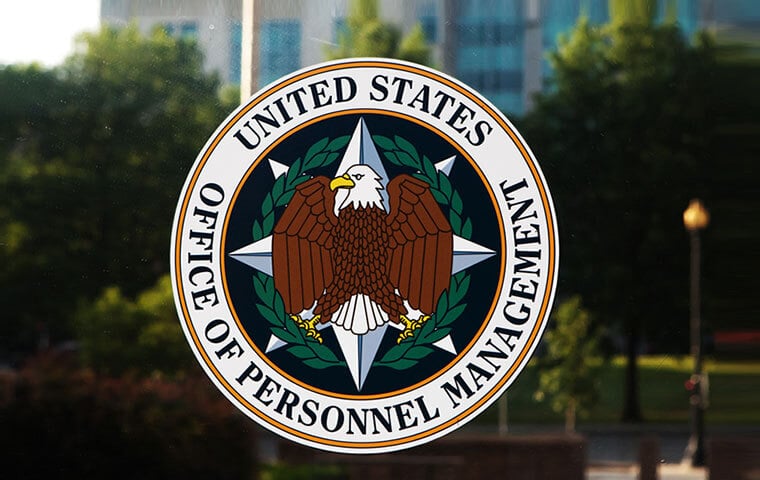 Image: Mark Van Scyoc/Shutterstock.com
By: FEDweek Staff
Image: Mark Van Scyoc/Shutterstock.com
By: FEDweek StaffThe Congressional Research Service has said that the administration’s proposed dismantling of OPM raises a number of practical and policy concerns, some of which could require action by Congress—or that could be blocked by Congress if the White House tries to carry them out on its own authority.
The proposal would shift to GSA many of the HR services that OPM provides agencies on a reimbursable basis, as well as the operation of the retirement and insurance programs. DoD meanwhile would begin performing security clearance investigations for all agencies—it already is to do that for its own employees under 2016 legislation — and OPM’s policy-making role would fall under the Executive Office of the President.
The CRS report, like other analyses of the reorganization plan, raised questions regarding how much could be done without changes in law. It said, for example, that the law specifies that OPM is an “independent establishment in the executive branch” and gives it certain responsibilities including operating the retirement program—making it “likely” that a change in law would be needed to shift that to the GSA. Further, it is unclear whether under current law the GSA would be able to take over the reimbursable services, which operate under an OPM revolving fund, it said.
Also uncertain, it said, is what would happen to other parts of OPM not specifically mentioned in the reorganization plan, such as the office that oversees compliance with merit principles. It said that raises questions about the “potential impact of the administration’s plan on the capacity of OPM to protect the merit system,” which it called “a bedrock principle underlying the civil service and OPM’s administration of [personnel management] functions since the agency’s creation.”
However, the report said that since the OPM background investigations office was established by an executive order, it might be transferred to DoD in the same way.

